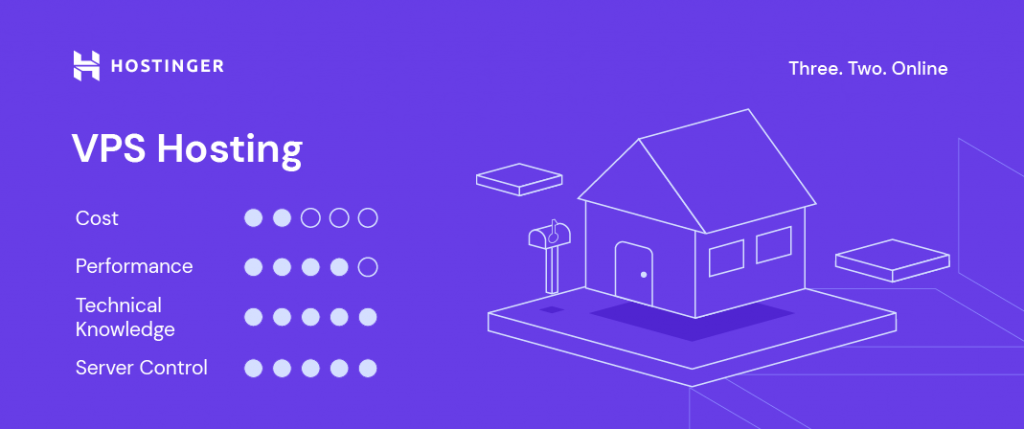As per Market Research Futute, IoT enabled metering systems are rapidly revolutionizing the utility sector by offering intelligent, real-time monitoring of energy, water, and gas consumption. These systems leverage the Internet of Things (IoT) technology to enhance operational efficiency, provide accurate billing, and enable predictive maintenance. With the increasing global emphasis on smart cities and sustainable resource management, IoT-enabled meters are becoming an integral part of modern infrastructure.
IoT-enabled metering systems function by connecting traditional meters to a centralized network via sensors, communication modules, and cloud-based platforms. This connection allows utilities and consumers to access real-time consumption data, detect anomalies, and optimize energy usage. For instance, smart gas meters equipped with IoT capabilities can send instant alerts in case of leaks or unusual consumption patterns, thereby enhancing safety and reducing wastage. Similarly, water and electricity metering systems can identify inefficiencies, enabling users to make informed decisions to save both money and resources.
The growth of IoT-enabled metering systems is fueled by several factors. Increasing urbanization, rising energy demand, and government initiatives promoting smart grids are some of the major drivers. In addition, the declining cost of IoT sensors and cloud computing infrastructure has made it economically viable for utilities of all sizes to adopt these technologies. Companies are also focusing on integrating advanced analytics and machine learning algorithms to predict consumption trends, detect faults, and optimize resource allocation. This level of automation is transforming how utilities operate, making systems more resilient, responsive, and customer-centric.
Moreover, IoT-enabled metering systems offer significant benefits for end-users. Consumers gain access to detailed usage insights through mobile apps or web dashboards, allowing them to monitor and control consumption. Real-time data enables timely corrective actions, such as adjusting thermostat settings or detecting water leaks, which can substantially reduce utility bills. For businesses and industrial facilities, IoT meters support energy management strategies that lead to improved operational efficiency and lower carbon footprints. The ability to track resource usage over time also facilitates compliance with sustainability standards and regulatory requirements.
From a utility provider’s perspective, IoT-enabled metering systems streamline operations and reduce operational costs. Automated meter readings eliminate the need for manual inspections, reducing labor costs and human errors. Predictive maintenance ensures that potential equipment failures are addressed before they escalate, minimizing downtime and service interruptions. Additionally, smart meters generate vast amounts of data that utilities can use to optimize distribution networks, balance loads, and improve demand forecasting. This data-driven approach supports better decision-making and enables utilities to deliver reliable services while managing resources more effectively.
Despite the many advantages, challenges exist in the widespread adoption of IoT-enabled metering systems. Data security and privacy remain primary concerns, as the collection of sensitive consumption data could be susceptible to cyberattacks. Standardization of communication protocols is also essential to ensure interoperability among devices from different manufacturers. Furthermore, initial deployment costs and integration with legacy infrastructure can pose barriers for some utilities. However, ongoing advancements in cybersecurity, edge computing, and industry standards are progressively addressing these challenges, paving the way for broader adoption.
Looking ahead, the future of IoT-enabled metering systems appears promising. Emerging technologies such as artificial intelligence, blockchain, and 5G connectivity are expected to further enhance system capabilities. AI can enable predictive analytics at a granular level, blockchain can secure data transactions, and 5G can ensure faster and more reliable communication between meters and control centers. Collectively, these innovations will reinforce the role of IoT-enabled metering systems as a cornerstone of smart city initiatives and sustainable resource management strategies.
FAQs
1. What are IoT-enabled metering systems?
IoT-enabled metering systems are smart meters connected via the Internet of Things to provide real-time monitoring, automated data collection, and analytics for utilities like electricity, water, and gas.
2. How do these systems benefit consumers?
Consumers benefit through accurate billing, real-time usage insights, energy-saving recommendations, leak detection, and the ability to manage resource consumption remotely.
3. What challenges are associated with IoT-enabled meters?
Key challenges include data security and privacy concerns, interoperability issues, integration with legacy infrastructure, and initial deployment costs.
More Related Reports:





